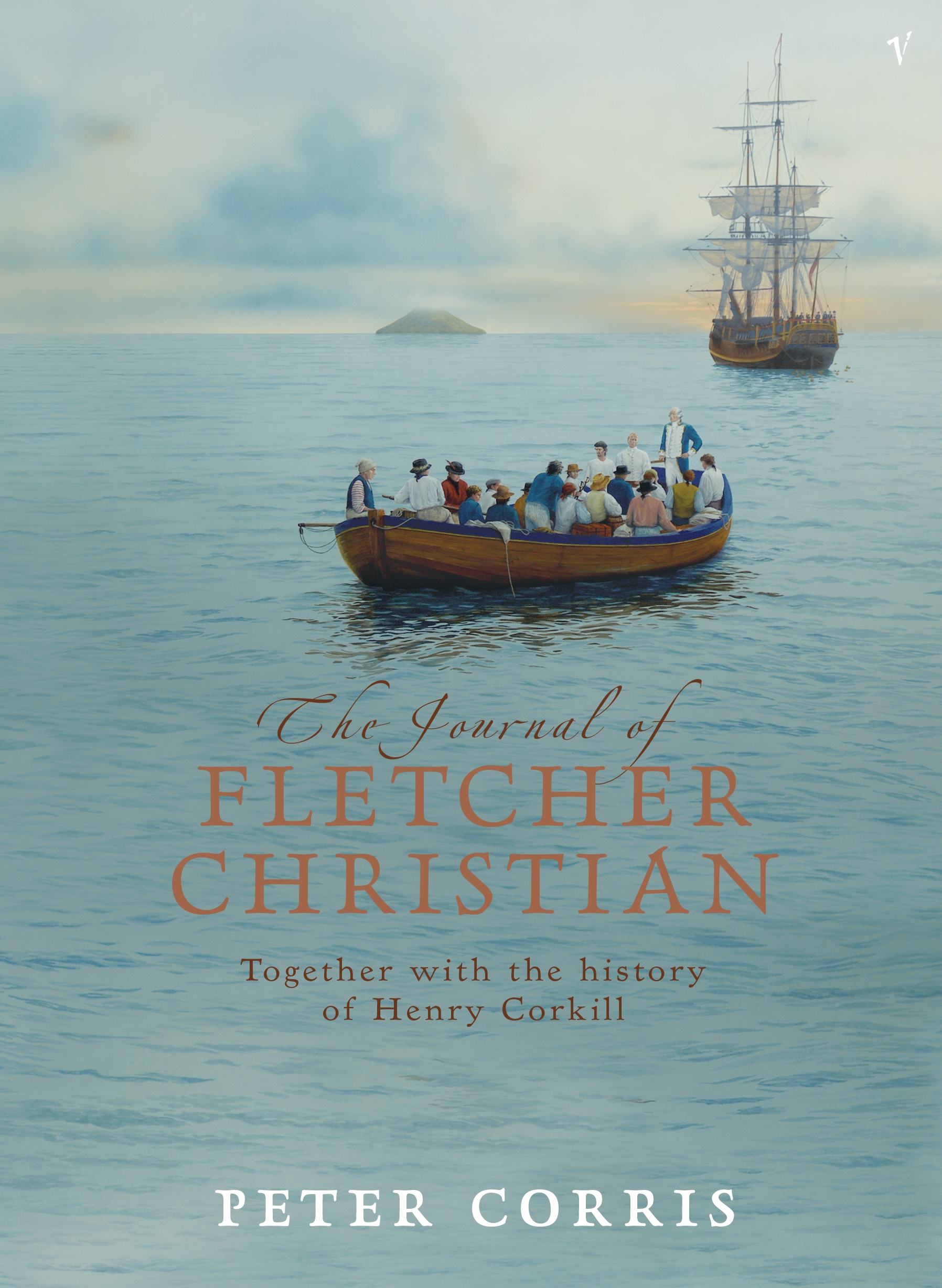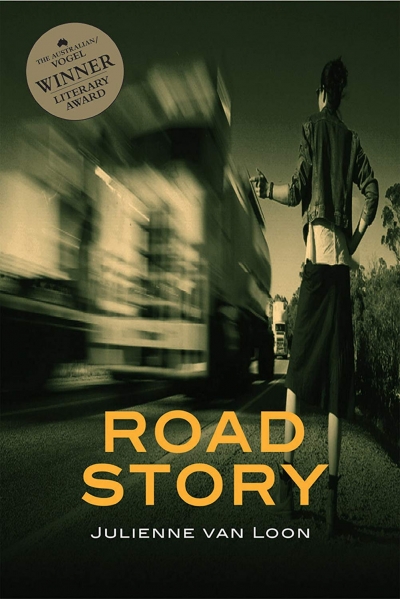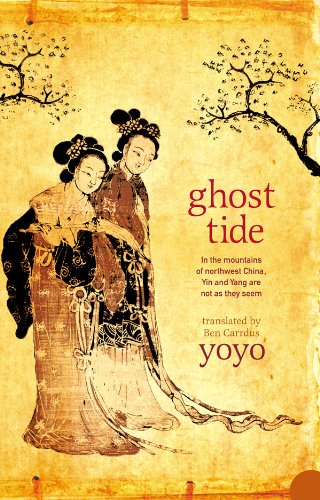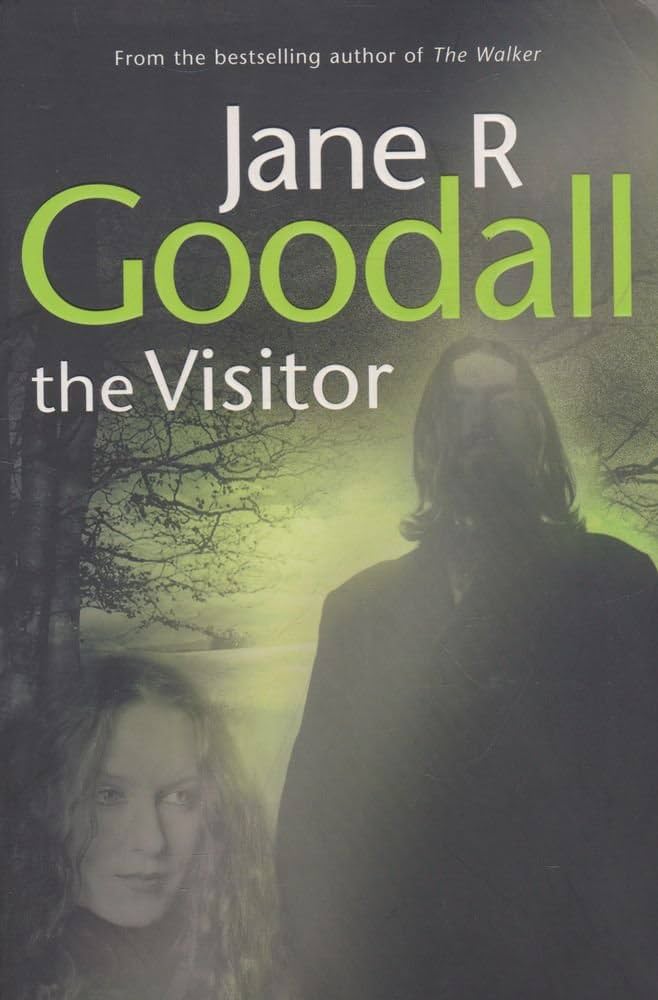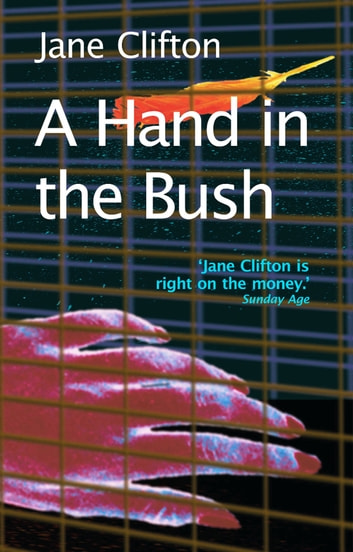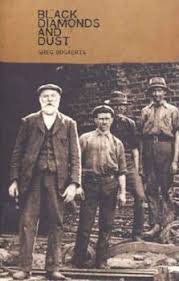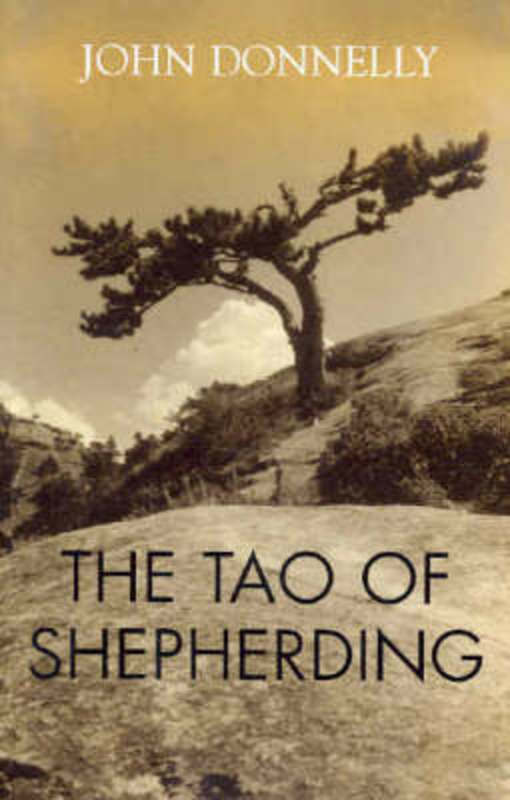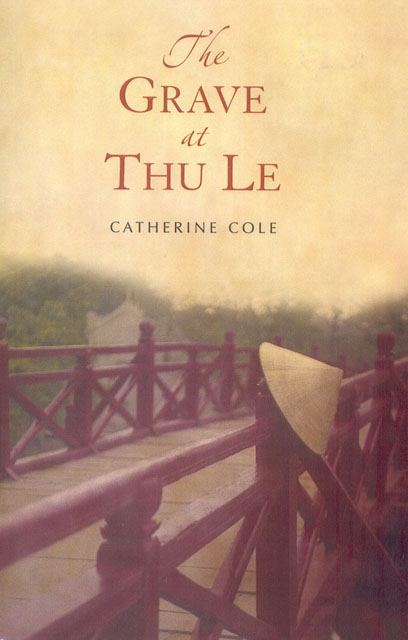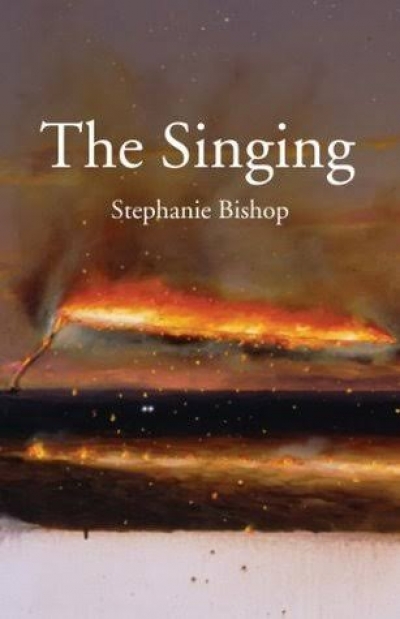Fiction
The Journal of Fletcher Christian: Together with the history of Henry Corkhill by Peter Corris
Of all places on earth, Pitcairn Island must surely have the strangest history. Everyone knows about the mutiny on the Bounty in 1789 (not a bad year for uprisings) and about the settlement founded by the mutineers and their Tahitian consorts on this remote Pacific island. Now Peter Corris has created a fiction based on a distant family connection between Fletcher Christian and Corris himself, through his Manx ancestry.
... (read more)Does My Head Look Big in This? by Randa Abdel-Fattah & Still Waving by Laurene Kelly
The Young Adult ‘issue novel’ is a difficult thing to do well. To write one that rises above the mediocre requires a careful avoidance of both sentimentality and sensationalism, and the better books succeed by either tackling an unusual or topical issue, or by looking at a situation from a novel angle. These two books – though covering very different terrain – are good examples.
... (read more)Road Story by Julienne van Loon & Everyman’s Rules for Scientific Living by Carrie Tiffany
The Vogel Prize shares a reputation with the rest of the company’s products: nutritious, worthy, a little dull. But the prize’s earnest image is unfair. Any glance at the roll-call of winners over the last twenty-five years would show that the makers of soggy bread and soya cereals have done more than anyone to introduce fresh literary DNA into Australia’s tiny gene pool of published novelists. But reviewers, mostly, and the public, generally, don’t get excited when the new Vogel is published. This year they should. Julienne van Loon’s desperate joyride, Road Story, is the best Vogel winner to come along since 1990, when Gillian Mears’s The Mint Lawn, equally confident but very different, won first place.
... (read more)A friend called me from Beijing recently to ask advice about her novel. She had played a prominent part in the avant-garde art movement associated with the protests at Tiananmen in 1989, and had achieved notoriety in both art and life. Fifteen years on, she wanted to give her own account of events, choosing the form of a roman-à-clef that would be published first in English. But now the Hong Kong agent helping to prepare her text wanted changes to enhance its appeal to foreign publishers. The agent wanted to tart it up, and my friend was unhappy.
... (read more)Some generals in Australia’s ‘culture wars’ have appointed themselves defenders of a mythical identity against the incursions of multiculturalists and ‘black armbanders’. Literary skirmishes over national identity have been more mundane, concerning mainly eligibility for awards. Certainly, three recent crime novels suggest that Australian writing benefits from adoption of a broad definition. That these three novels vary widely in plot, setting, characterisation and style is understandable given the authors’ disparate backgrounds.
... (read more)A Hand in the Bush by Jane Clifton & Death by Water by Kerry Greenwood
There is a trick to the trite title of Death by Water, the fifteenth volume in Kerry Greenwood’s series about the hedonistic 1920s private detective Phryne Fisher. Contrary to expectations, no murder occurs for more than two hundred pages. In the meantime, the nominal plot involves the hunt for a jewel thief aboard a cruise ship bound for New Zealand, but far more attention is devoted to meals, cocktails, cigarettes, clothes, dance music, maritime scenery, anthropological chit-chat and recreational sex. Literary quotes of approximate relevance head each chapter, while ratiocination occurs as an accompaniment to life’s more sensual pleasures: ‘Phryne ate a thoughtful croissant.’
... (read more)Black Diamonds and Dust by Greg Bogaerts & Sandstone by Stephen Lacey
Working-class settlements north of Sydney are the common setting for these two family sagas. Between them, they take us from the 1880s to 1951. Jack Wallis, who labours in a quarry in the sandstone country that gives Stephen Lacey’s book its title, is born in the early twentieth century; Edmund Shearer, a Newcastle miner of the coal or black diamonds of Greg Bogaerts’s title, nears his death by that time. Both novels might have been designed to answer recent calls for Australian writers to turn their attention to the lives of ordinary people. How many other recent novels explain to working-class readers how their own parents and grandparents, not those of the social élite, thought and acted? Where else, for instance, could today’s renovators read about how their progenitors built their own homes?
... (read more)The Tao of Shepherding by John Donnelly & The Lost Tribe by Jane Downing
These novels fulfil the brief of ANU’s Research School of Pacific and Asian Studies, where Pandanus Press was founded in 2001, by viewing Australia and Australians from the perspectives of China and a distant island. In The Tao of Shepherding, set in the 1850s, two young Chinese men are kidnapped and sold as labourers to a Riverina sheep property, where they lose all hope of returning to civilisation. The Lost Tribe is mellower, in that the Pacific is crossed in both directions in its counter-pointed narratives, one set in the present and the other in the 1860s. These second novels, by promising Australian authors with direct knowledge of the countries depicted in them, offer insights into cross-cultural interactions, myths and religion.
... (read more)The Grave at Thu Le explores a young French woman’s visit to Vietnam to research her ancestry, and to locate the cemetery in which members of her family were interred. Catherine D’anyers’s great-great-grandfather Claude was an engineer who lived in the colonial community in Hanoi at the turn of the last century. Past and present strands of the novel interweave as old, childhood stories of yester-year are overlaid with contemporary realities of Vietnam.
... (read more)The Singing by Stephanie Bishop & The Patron Saint Of Eels by Gregory Day
The Singing is the inaugural publication in the Varuna Firsts series, a collaboration between the Varuna Writers’ House and Brandl & Schlesinger. Both should be applauded for bringing a distinctive new voice into Australian writing; not to mention the honour due to the prodigious talent of Stephanie Bishop herself. Bishop has written a haunting novel with a seemingly simple story: love gone awry. A woman runs into an ex-lover on the street (neither protagonist is named), and this meeting throws her back into the story of their past. The two narratives – her solitary life now and the tale, mainly, of the relationship’s end – run in parallel. The novel’s energy, however, is ruminative rather than linear, circling around the nature of their love, pressing at the bruises left by its collapse.
... (read more)

